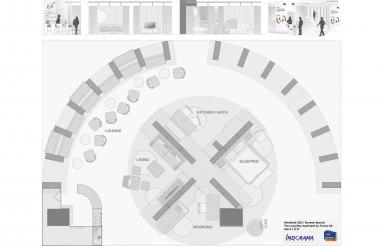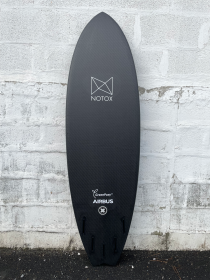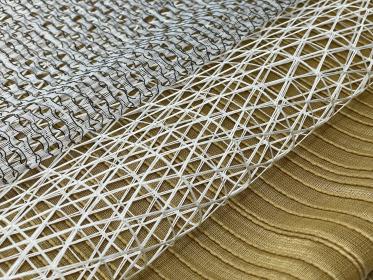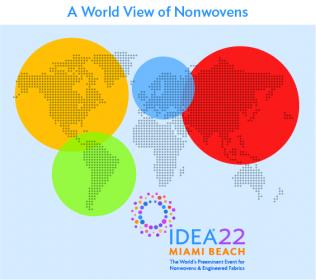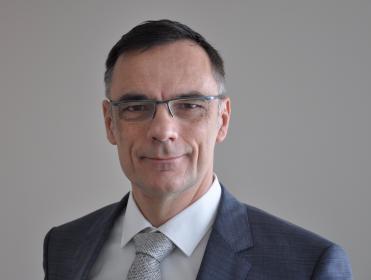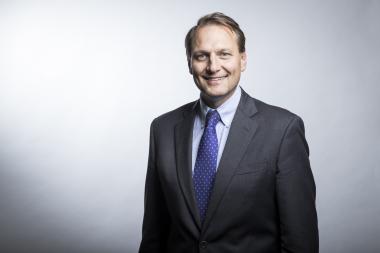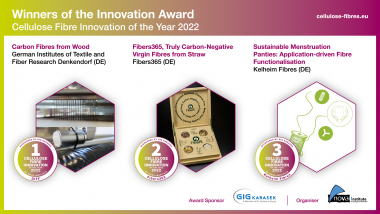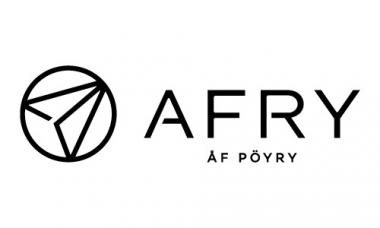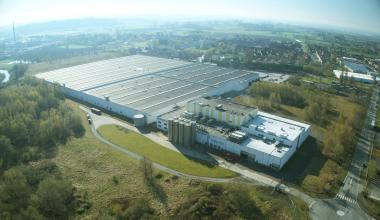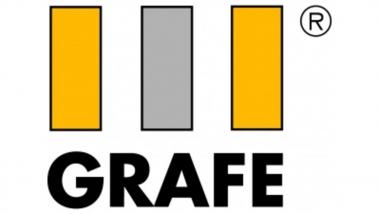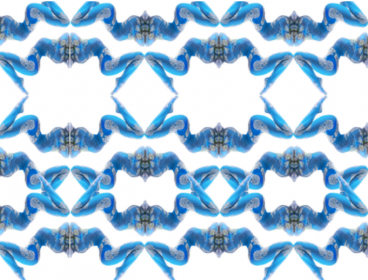Trevira CS at the Heimtextil Summer Special
The Trevira CS brand will be presented at Heimtextil 2022. This year the trade fair will be held as a one-time Summer Special from 21 to 24 June in Frankfurt am Main, Germany. The booth will feature more than 200 fascinating, versatile, flame retardant Trevira CS fabrics.
These will be displayed in the Long Stay Apartment installation. Changing lifestyles, living and working arrangements as well as the housing shortage in countless large cities mean the Long Stay Apartment segment of the hospitality sector has experienced exponential growth, becoming ever more important. For this reason, it is the focus of this year’s Trevira CS booth. The presentation of the “Long Stay Apartment by Trevira CS” is intended to familiarise visitors – particularly interior architects, designers and furnishers – with the trendsetting, innovative uses of Trevira CS fabrics in the contract sector.
For the design of the apartment installation, the traditional Trevira CS Fabric Competition 2022 was announced at the end of 2021 and invited all customers to submit their latest Trevira CS products according to certain specifications. The winning fabrics will be announced at the trade fair and specially exhibited at the Trevira CS booth.
Director Marketing & Business Development Anke Vollenbröker: “Our exhibition gives exciting new insights into the modern concept of the Long Stay Apartment, presenting the live application of our customers’ Trevira CS innovations. An apartment designed for Long Stayers is a special challenge since it has to provide more than a hotel room or even an ordinary rental apartment: It needs to be an attractive temporary home while also offering the services and advantages of a hotel. We have made the Long Stay Apartment particularly “textile” and included submissions from all participants of our Trevira CS Fabric Competition 2022.”
Trevira GmbH


